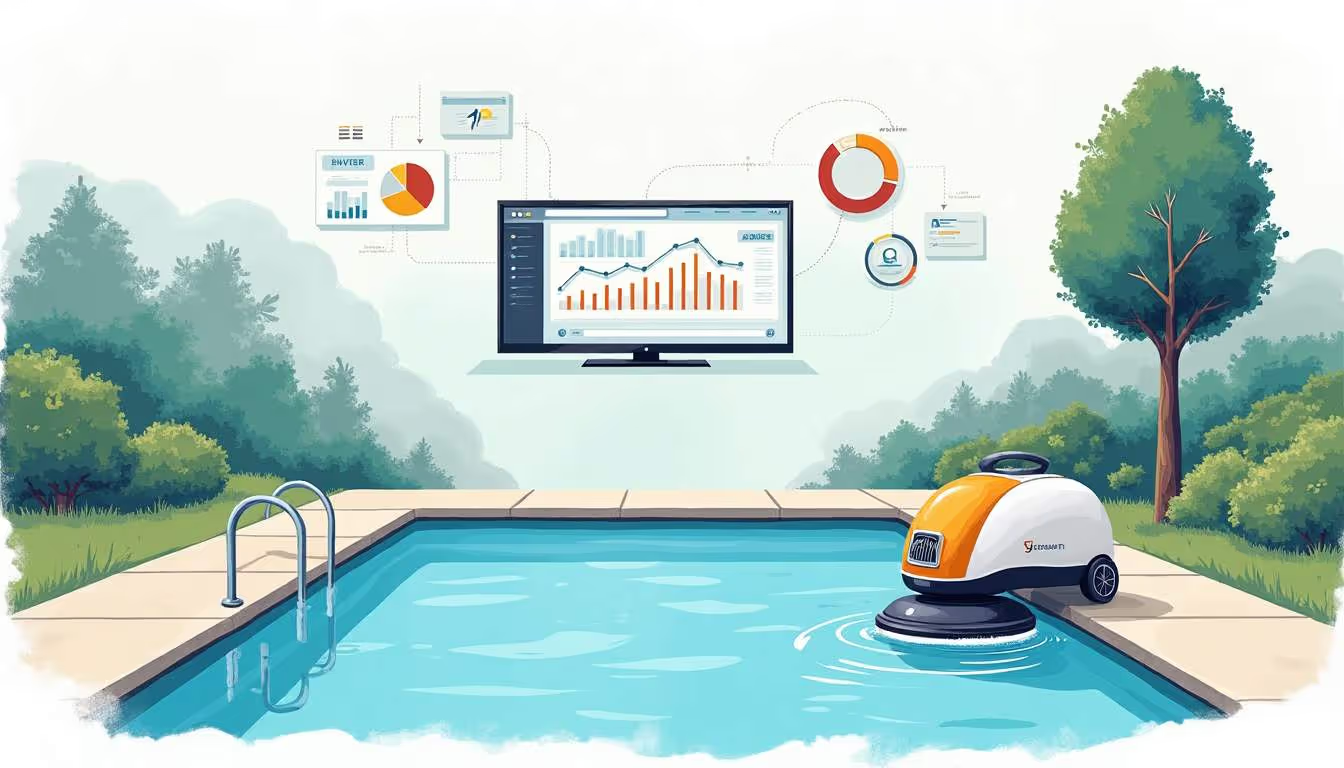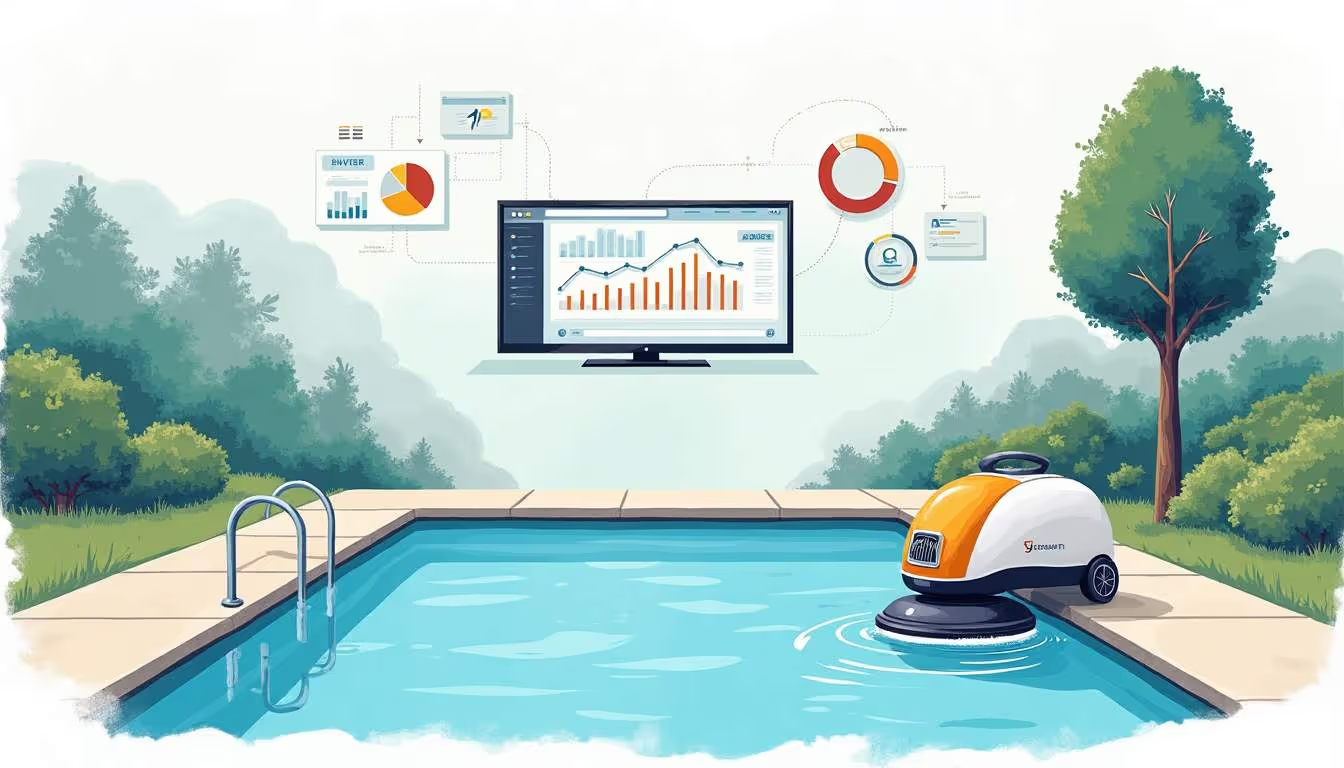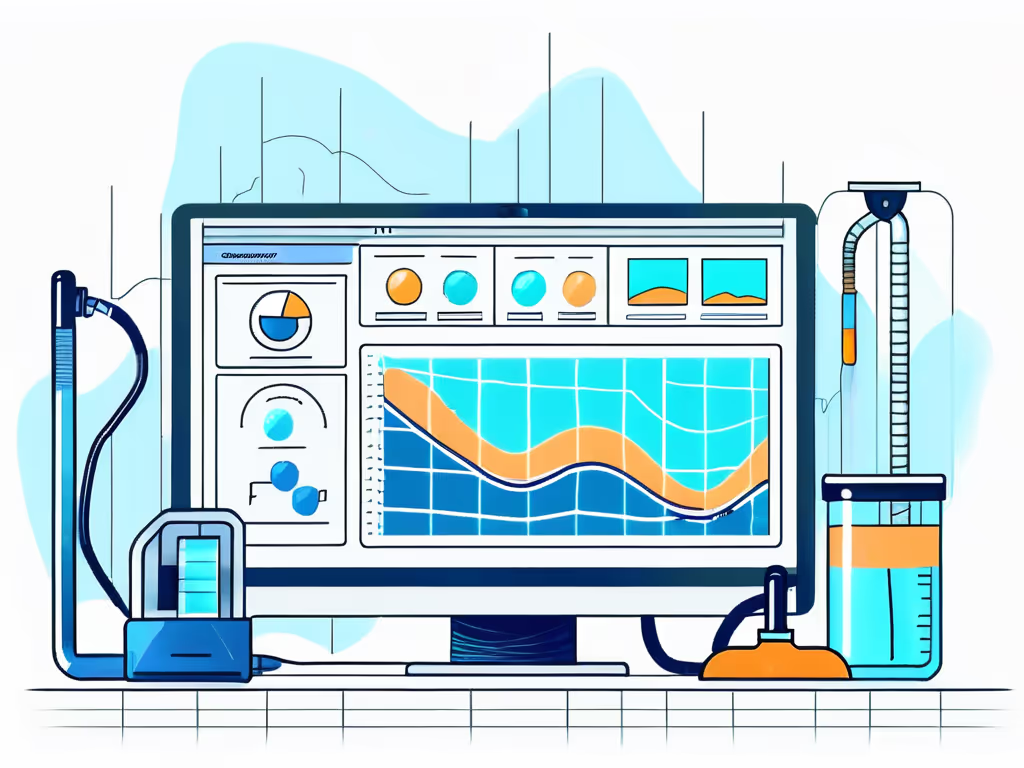Optimizing Pool Service Operations: Essential Tips for 2025 and Beyond
As the pool service industry evolves rapidly, companies must adapt to new technologies, customer expectations, and environmental considerations to stay competitive. The year 2025 brings fresh challenges and opportunities for pool service providers aiming to optimize operations, enhance customer satisfaction, and boost profitability. This comprehensive guide explores essential strategies that will define success in pool service operations now and in the years ahead.
Embracing Transparent Pricing to Build Customer Trust
In an industry where service costs can fluctuate due to factors like chemical prices and equipment maintenance, transparent pricing models have become a cornerstone of customer trust. Pool service companies that clearly communicate pricing structures and the reasons behind adjustments foster stronger client relationships and reduce disputes.
For example, explaining a modest 5% price increase as a direct result of a 12% surge in chlorine costs helps customers understand the value and necessity of the change. This openness not only justifies pricing but also positions the company as honest and customer-centric, encouraging long-term loyalty.
Transparent pricing also simplifies the sales process. When customers know exactly what they’re paying for and why, they are more likely to commit to service plans and renewals. This clarity reduces churn and improves overall business stability.
Moreover, transparent pricing can serve as a powerful marketing tool. Companies that showcase their pricing models on their websites or in promotional materials can attract a wider audience seeking reliability and honesty in service. By providing clear breakdowns of costs associated with various services—such as pool cleaning, maintenance, and repairs—businesses can empower potential customers to make informed decisions, ultimately leading to increased inquiries and conversions.
Additionally, embracing transparent pricing can enhance customer engagement. When clients feel informed about their spending, they are more likely to ask questions and seek advice on how to optimize their pool maintenance. This not only opens the door for upselling additional services, like equipment upgrades or seasonal treatments, but also positions the company as a knowledgeable partner in pool ownership. By fostering an environment of open dialogue, businesses can create a community of satisfied customers who feel valued and understood, further solidifying their reputation in the market.
Leveraging Technology for Operational Efficiency
Remote Monitoring Systems
One of the most transformative advancements in pool service is the adoption of remote monitoring technology. These systems continuously track critical parameters such as water chemistry, pump performance, and energy consumption. By receiving real-time data, technicians can proactively address issues before they escalate into costly repairs or customer complaints.

Remote monitoring not only improves service quality but also reduces the frequency of on-site visits, freeing up technicians to manage more accounts efficiently. This technology is especially valuable in managing large service territories or commercial pools where constant oversight is essential. Moreover, the data collected can be analyzed to identify trends over time, allowing companies to anticipate maintenance needs and optimize their service schedules. This predictive approach not only enhances operational efficiency but also fosters long-term relationships with clients who appreciate the proactive care of their pools.
Mobile Management Platforms
Modern pool service companies benefit greatly from mobile management platforms that streamline scheduling, dispatching, and inventory control. These platforms enable technicians to access job details, update service records, and manage parts inventory on the go, increasing productivity and reducing administrative overhead.
With optimized routing and real-time updates, companies can service more pools per day without compromising quality. This operational efficiency translates directly into higher revenue and improved customer satisfaction. Additionally, mobile management platforms often integrate customer relationship management (CRM) features, allowing technicians to log customer interactions and preferences. This level of personalization not only enhances the customer experience but also empowers technicians to provide tailored recommendations, further solidifying client loyalty.
Advanced Leak Detection Technologies
Leaks are a common and costly issue in pool maintenance. Advanced leak detection methods using acoustic sensors and thermal imaging allow technicians to pinpoint underground leaks accurately without draining the pool. This non-invasive approach saves water, reduces repair costs, and minimizes pool downtime.
Implementing these cutting-edge technologies not only enhances service precision but also positions companies as leaders in innovation, attracting customers who value expertise and efficiency. Furthermore, the ability to quickly and accurately identify leaks can significantly reduce the environmental impact associated with pool maintenance. By conserving water and minimizing chemical runoff, companies can appeal to eco-conscious consumers, thereby expanding their market reach. As sustainability becomes increasingly important in consumer decision-making, adopting such technologies can provide a competitive edge in a crowded marketplace.
Adopting Data-Driven Maintenance Strategies
Data analytics is reshaping how pool service providers approach maintenance. By analyzing usage patterns, environmental conditions, and historical service data, companies can predict when maintenance is needed and prevent issues before they occur. This proactive approach not only enhances the reliability of pool systems but also fosters a more efficient service model that can adapt to the unique needs of each pool.

Predictive maintenance models reduce unexpected breakdowns and extend the lifespan of pool equipment. For instance, sensors can alert technicians to declining pump efficiency or chemical imbalances, enabling timely interventions that avoid costly emergency repairs. Furthermore, this technology allows for the collection of real-time data, which can be invaluable for understanding seasonal trends and preparing for peak usage times, ensuring that pools remain in optimal condition regardless of external factors.
Utilizing data-driven insights also helps optimize resource allocation. Service providers can prioritize high-risk pools or those with heavy usage, ensuring maintenance efforts deliver maximum value and customer satisfaction. By leveraging advanced analytics, companies can also identify patterns in customer preferences and tailor their services accordingly, offering personalized maintenance schedules and targeted promotions that resonate with individual clients.
Moreover, the integration of mobile applications and customer portals allows pool owners to stay informed about their pool's health. These platforms can provide real-time updates on maintenance schedules, service history, and even tips for pool care, empowering customers to take a more active role in their pool's upkeep. This transparency not only builds trust but also encourages a collaborative relationship between service providers and pool owners, ultimately leading to more successful maintenance outcomes.
Investing in Workforce Development for Long-Term Success
Continuous Education and Training
The complexity of modern pool systems demands a highly skilled workforce. Continuous education programs that train technicians in advanced diagnostics, water conservation techniques, and the latest equipment technologies are essential. Well-trained technicians can solve complex problems faster and more effectively, reducing service calls and enhancing customer trust.

Ongoing training also keeps employees engaged and motivated, fostering a culture of excellence that reflects positively on the company’s reputation. Furthermore, by integrating hands-on workshops and simulations into training programs, companies can provide technicians with real-world scenarios that enhance their problem-solving skills. This practical approach not only reinforces theoretical knowledge but also builds confidence in their abilities to handle unexpected challenges in the field. As technology continues to evolve, staying ahead of industry trends through continuous education ensures that technicians are not just reactive but proactive in their service delivery.
Employee Retention Through Competitive Compensation and Work-Life Balance
Attracting and retaining top talent is a critical challenge in the pool service industry. Competitive compensation packages, clear career advancement paths, and initiatives that promote work-life balance help reduce turnover and maintain a stable, experienced workforce.
Companies that invest in their employees not only benefit from higher productivity but also build a loyal team that delivers consistent, high-quality service to customers. Additionally, offering flexible work schedules and remote work options can significantly enhance employee satisfaction, allowing technicians to manage their personal lives alongside their professional commitments. Implementing wellness programs and providing mental health resources further demonstrates a company’s commitment to its employees’ overall well-being, creating a supportive environment that encourages long-term loyalty. When employees feel valued and supported, they are more likely to invest their best efforts into their work, resulting in improved customer experiences and stronger business outcomes.
Focusing on Customer Retention with Personalized and Digital Engagement
Retaining existing customers is significantly more cost-effective than acquiring new ones. Tailoring service plans to specific pool types, homeowner preferences, and usage patterns enhances perceived value and satisfaction.
Personalized service plans might include customized chemical treatments, maintenance schedules aligned with pool usage, or seasonal adjustments to address local climate conditions. This level of customization demonstrates attentiveness and professionalism, encouraging customers to stay loyal.
Digital engagement tools such as specialized mobile apps, automated seasonal reminders, and educational content about pool health and safety keep customers informed and connected year-round. These touchpoints build trust and provide opportunities for upselling or renewing service contracts.
Implementing Sustainable Practices for Environmental and Economic Benefits
Eco-friendly initiatives are no longer optional; they are expected by many pool owners and can differentiate service providers in a competitive market.
Solar Pool Heating
Solar pool heaters represent nearly 25% of all pool heating methods globally, offering an energy-efficient and cost-effective alternative to traditional heating systems. Promoting and installing solar heating solutions not only reduces environmental impact but also appeals to environmentally conscious customers.
Automated Chemical Dosing Systems
Automated dosing systems precisely dispense chemicals based on real-time water chemistry data, minimizing over-treatment and ensuring a safe swimming environment. This technology reduces chemical waste, lowers operating costs, and enhances pool health.
By integrating sustainable practices into service offerings, companies can reduce their carbon footprint, comply with emerging regulations, and attract a growing segment of eco-aware consumers.
Conclusion
Optimizing pool service operations in 2025 and beyond requires a multifaceted approach that combines transparency, technology, data analytics, workforce development, customer-centric strategies, and sustainability. By embracing transparent pricing, leveraging advanced technologies, and investing in skilled employees, pool service companies can enhance operational efficiency and customer satisfaction.
Furthermore, personalized service plans and digital engagement foster long-term customer loyalty, while sustainable practices position companies as responsible industry leaders. Adopting these essential tips will not only help pool service providers navigate the challenges of the coming years but also secure their place at the forefront of the industry.








